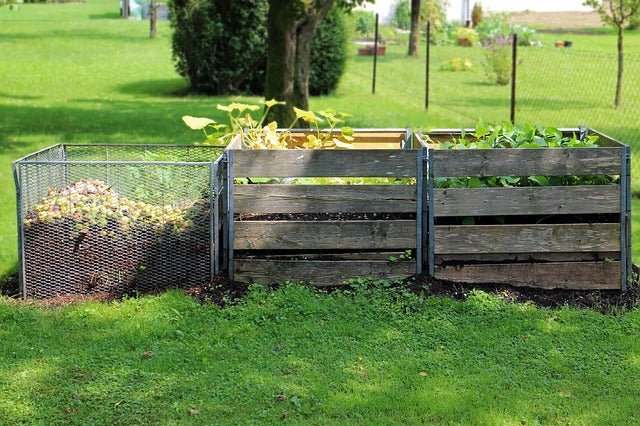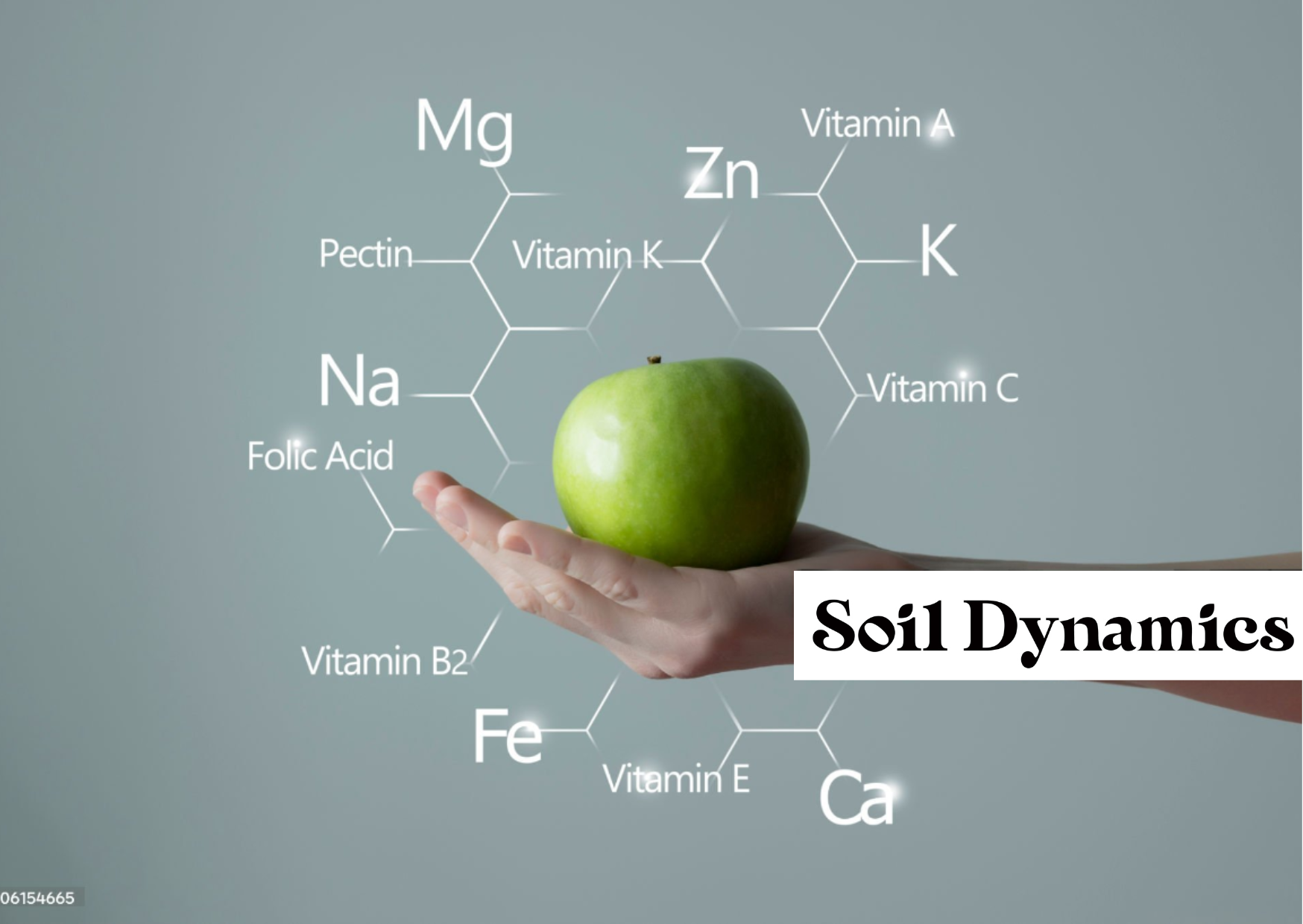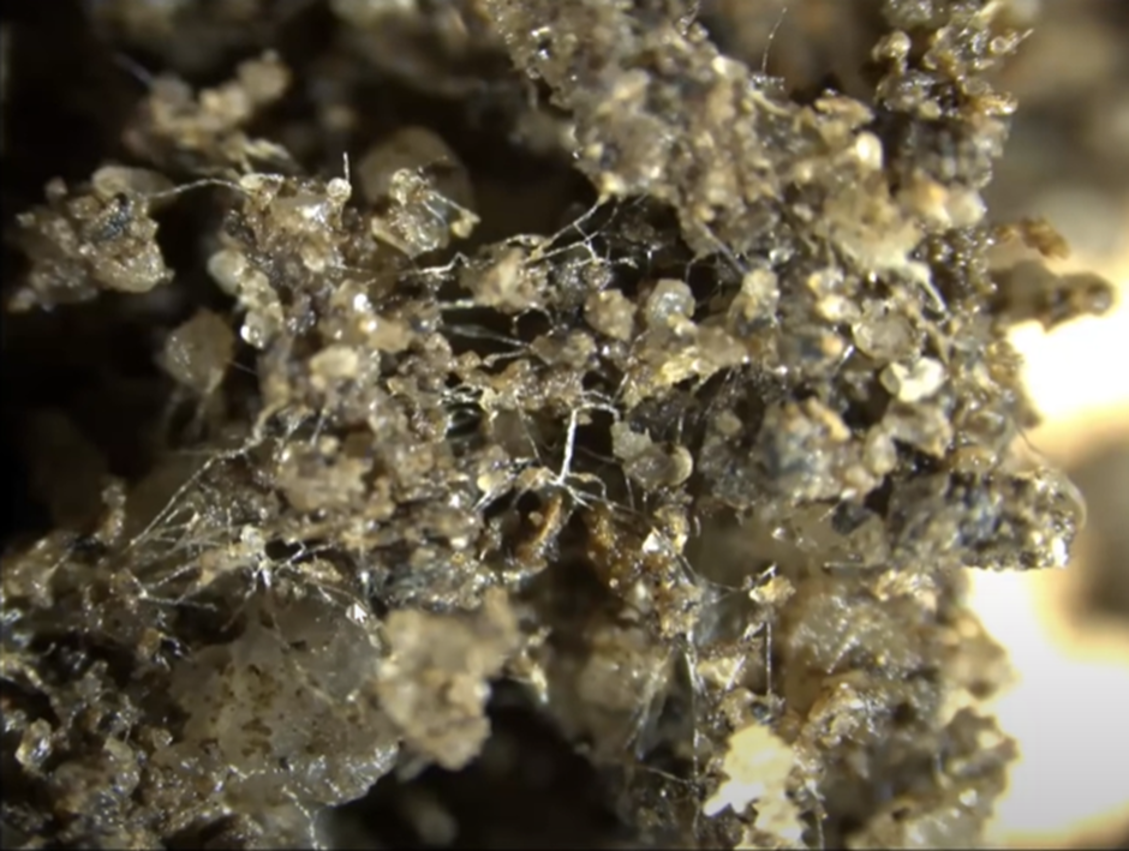How to Make Compost at Home
Composting is a fantastic way to reduce your kitchen waste and create nutrient-rich soil for your garden. Here's a step-by-step guide: PS we have included our Nutrient Rock Star in this guide as it stimualtes and feeds the microbes so it gets it going quicker and makes for a great nutrient-rich compost but it is optional of course.
Step 1: Choose a Compost Bin or Location
-
Compost bin: These come in various sizes and styles. They provide a contained environment for composting.
-
Compost pile: A simple and cost-effective option, but it requires more room and a bit more maintenance.
Step 2: Gather Your Materials
-
Brown materials: These are carbon-rich and include dried leaves, twigs, straw, cardboard, and shredded paper. Having some chunky bits is a good thing as it gives the pile structure and helps it breathe.
-
Green materials: These are nitrogen-rich and include grass clippings, vegetable and fruit scraps, manure, coffee grounds, and tea bags.
-
Water: Essential for the composting process.
-
C:N - Carbon to nitrogen ratio of about 30:1. Every ingredient has its own unique C:N ratio and is a science on its own but put simply work on around 3 parts brown to 1 part Green. You can adjust this later if you need to.
-
Nutrient Rock Star - to give it a great all-round boost and to have a more mineral-dense and nutrient-rich compost. Also helps activate the micorbes so it can assist in getting it going.
Step 3: Build Your Compost Pile
-
Layer it up: Start with a layer of brown material, followed by a smaller layer of green material and top it off with a sprinkle of Nutrient Rock Star . Repeat this process until you have at least 1 m3 of material, then mix it well adding water as you go.
-
Moisture: The mixture should be damp but not soggy - try and imagine each particle lightly misted with water.
-
Time: The pile should start to heat up within 24-48 hours if you have the mix right. If it doesn't heat up you probably need to add some more high-nitrogen materials ( green) and some water.
-
Temperature: Ideally you want the pile to get to 65 deg C for 3 days. Short of having a thermometer - if you can't hold your hand in there for more than 5 seconds this is hot enough and you need to turn.
-
Aeration: Turn the compost pile regularly to introduce oxygen and speed up decomposition you must add water when you turn, but not too much. The ideal is 50% moisture which is measured by squeezing a handful as hard as you can. It wants to be like a wrung-out sponge with a couple of drops of water coming out. No drops - add some water. A lot of drops - add something dry like some straw or shredded paper (brown)
Step 4: Balance Your Ingredients
-
Carbon-to-nitrogen ratio: Aim for a ratio of around 30:1 for optimal composting. See above or Google C:N ratio :)
-
Avoid excessive amounts: Too much green material can lead to odours, while too much brown material can slow down the process.
Step 5: Maintain Your Compost Pile
-
Turn regularly: Turning the compost pile based on temperature. This may be 3 times in the first week and go down to once a week then once a fortnight. Add water every time you mix. More often than not you will need to.
-
Monitor moisture: Check the moisture level regularly. Remember it should feel like a wrung-out sponge.
-
Add materials: Continue adding brown and green materials as needed.
-
Ideal Temp As the compost develops the temperature will gradually decrease. It should drop after a turn and then come back up to a peak. This peak temp will eventually get lower and lower until around 30 Deg C which is when it is getting mature and ready to use. (this should take around 12 weeks).
Step 6: Harvest Your Compost
-
Compost is ready: The compost is mature and ready to use when it is dark, crumbly, and has a rich earthy smell.
-
Sift if desired: You can sift the compost to remove any larger pieces.
Tips for Successful Composting
-
Avoid meat, dairy, and oily foods: These can attract pests and create unpleasant odours.
-
Shred materials: Smaller pieces decompose faster.
-
Add compost activators: Products like worm castings or compost starters can speed up the process.
-
Patience: Composting takes time. It can take several months to produce finished compost. 12 - 16 weeks is typical for beautifully finished goodness.
By following these steps and maintaining a balanced compost pile, you can create nutrient-rich soil that will benefit your garden and help reduce your environmental impact.
and remember we are here to help you garden organically





